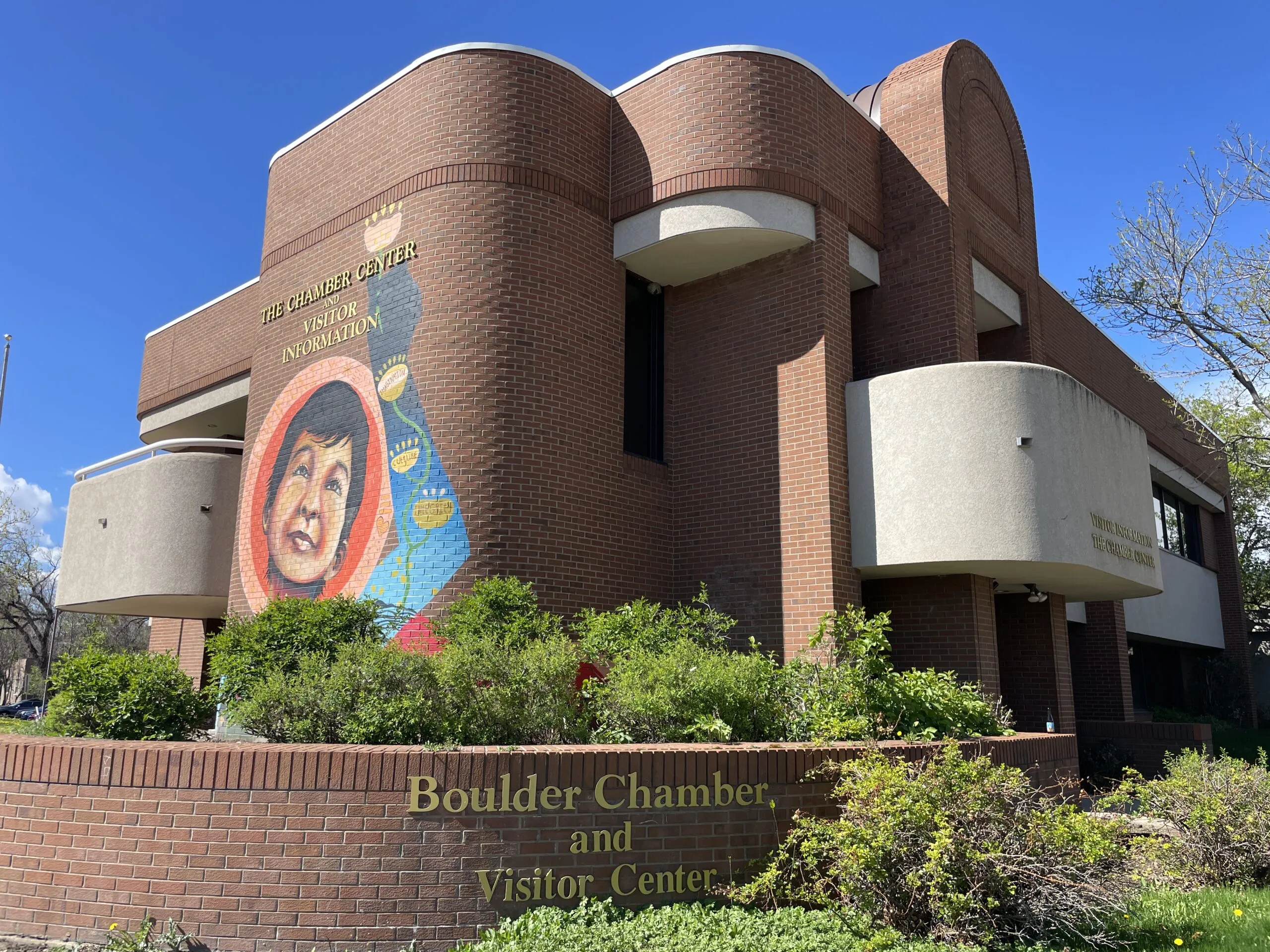Stop working hard on the wrong things
I was speechless when my engineer friends told me what they did in the company parking lot. Their manager evaluated them on the length of their workday rather than the engineering problems they solved. So, they left their cars, except one, in the parking lot and carpooled to the gym to workout. This manager ignored what I call the centeredness of work. Work that is centered gets the right job done well.
Wasting time at work is bad but working hard on the wrong things will kill a business. It’s like a basketball player going to batting practice — great effort on the wrong dream. A nation, industry or start up that works hard on anything but its mission or vision will be frustrated and easily out-maneuvered. Simply wasting time is bad enough — being off-center is deadly.
Some surveys say that 4 percent of the workforce admits to wasting a whopping 50 percent of their workday (salary.com). When I worked and taught in Silicon Valley, I purposefully downplayed the percentage of wasted corporate effort by putting the number at 25 percent — it’s higher. We knew the real number was closer to 40 percent but didn’t want to be accused of sensationalizing the issue. People were working too hard to be demoralized. Executives and managers in promising organizations came in early, rushed around, skipped meals and stayed late, even to the point of damaging their lives. Many of them failed anyway. The centered ones are still here.
The fix can be obvious: It is better to think hard than to work hard — your brain heals faster from thinking than from emotional or physical exhaustion. Yet, we brag and boast about missed vacations, working late and weekends spent at the office. Most of this strained effort is wasted on off-centered efforts. A Harris poll for CareerBuilder found the biggest culprits of general wasted time to be talking on the phone/texting, gossiping, Internet, social media, snack or smoke breaks and distractions from noisy co-workers.
I no longer worry about employees wasting time at work. I worry about off-centered time. The best consulting “scoops” come during down times with session attendees. People are less guarded and willingly open up during breaks, lunches and receptions. Somehow, they know when their efforts are in the wrong direction — why not “waste” some time. They feel the stupidity of going to daily batting practice when they need tools and training to shoot three pointers. Given the big picture and the broad strategy, they will think hard and smart about succeeding. Then, their hours will matter.
Thomas J. Watson’s think slogan started at National Cash Register and tagged along when he joined and led IBM. He expanded on the one-word slogan with, “All the problems of the world could be settled easily if men were only willing to think. The trouble is that men very often resort to all sorts of devices in order not to think, because thinking is such hard work.”
Clear thinking comes from controlled stress, a clear vision and time to reflect. I love what Emperor Marcus Aurelius said in his Meditations thousands of years ago, “Do what is necessary…For this brings not only the tranquility that comes from doing well, but also that which comes from doing few things. For most of what we say and do is unnecessary, and if a man leaves them out, he will have more leisure and less trouble.”
Unfortunately, few remember who Thomas Watson was and even fewer read the musings of an ancient emperor. Today, like my engineer friends, some hard workers still feel the need to leave their cars in the parking lot.
Rick Griggs is a former Intel Corp. training manager and inventor of the rolestorming creativity tool. He speaks on mastery, balance and innovation. rick.griggs83@gmail.com or 970-690-7327.
Stop working hard on the wrong things

